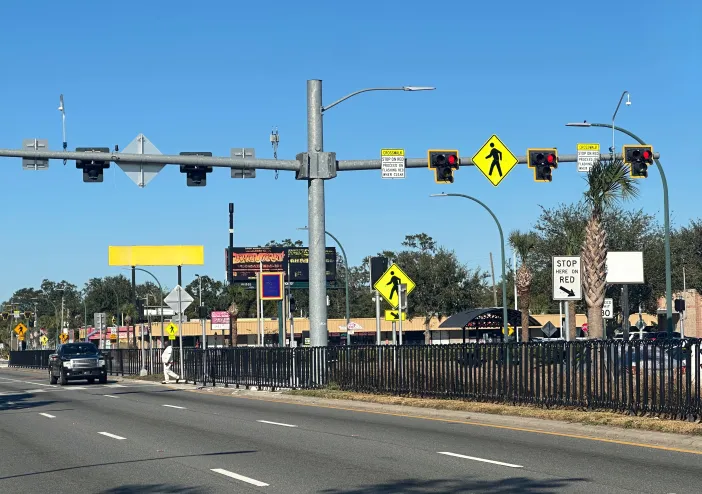Cubic Transportation Systems (CTS) is to launch its NextTraffic, a next-generation transportation and traffic management solution using Microsoft’s Azure Cloud, at the ITS European Congress in Glasgow, Scotland, from 6–9 June. NextTraffic combines CTS’ expertise in transportation payment and information technologies with Microsoft’s leadership in enterprise solutions.
NextTraffic is a flexible and scalable cloud-enabled platform that allows the collection, processing, monitoring, controlling and manage
June 6, 2016
Read time: 2 mins
NextTraffic is a flexible and scalable cloud-enabled platform that allows the collection, processing, monitoring, controlling and management of all traffic elements on multiple computer networks in one source. This provides for control of surface transportation and better utilisation of roads and networks. NextTraffic supports system-wide data collection, processing and sharing of information to travellers and cities with a modern and flexible solution that can work with the customer’s existing infrastructure and through the Microsoft Azure cloud platform.
According to Boris Karsch, vice president of strategy, Cubic Transportation Systems, this strategic relationship will be beneficial for both companies as it builds on CTS’ expertise in payment and information systems for public transportation and traffic management and Microsoft’s enterprise solutions. It allows CTS to utilise the full power of Microsoft technology to improve CTS solutions today and develop future-proof, scalable solutions for tomorrow.









